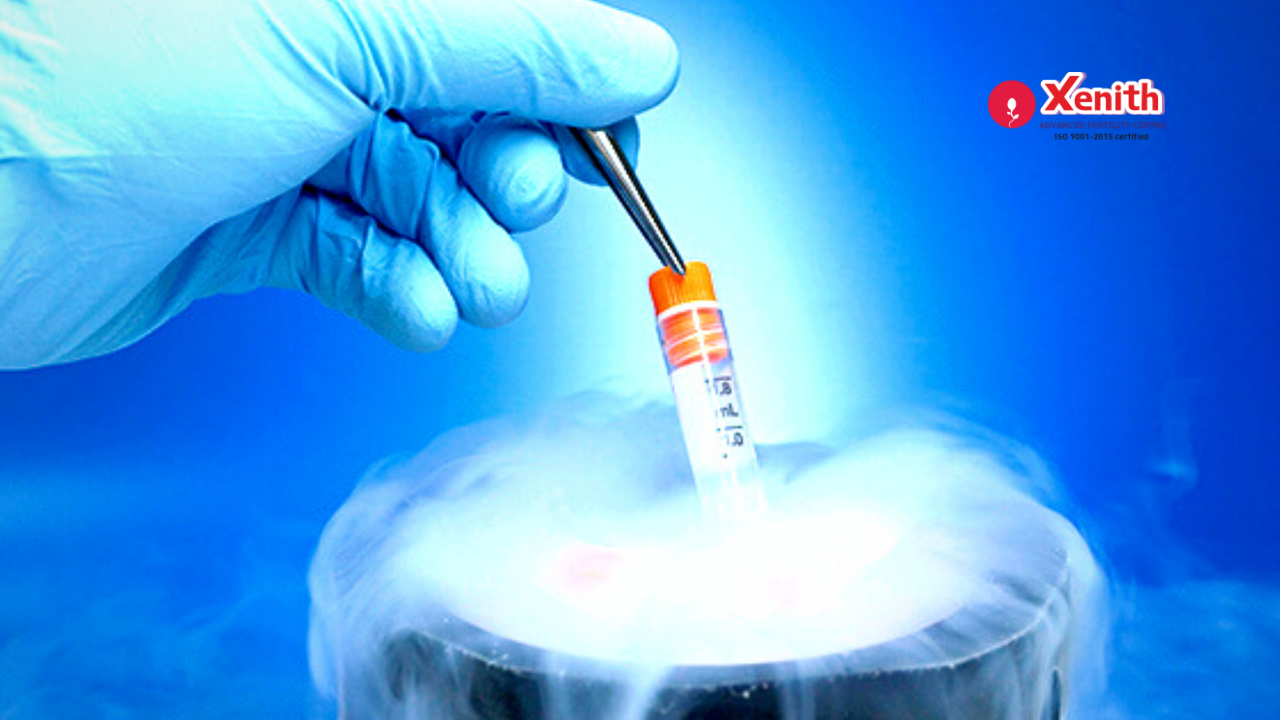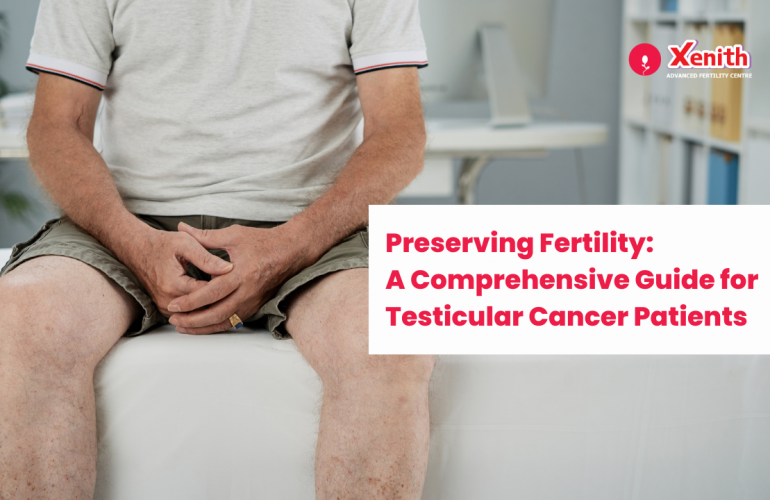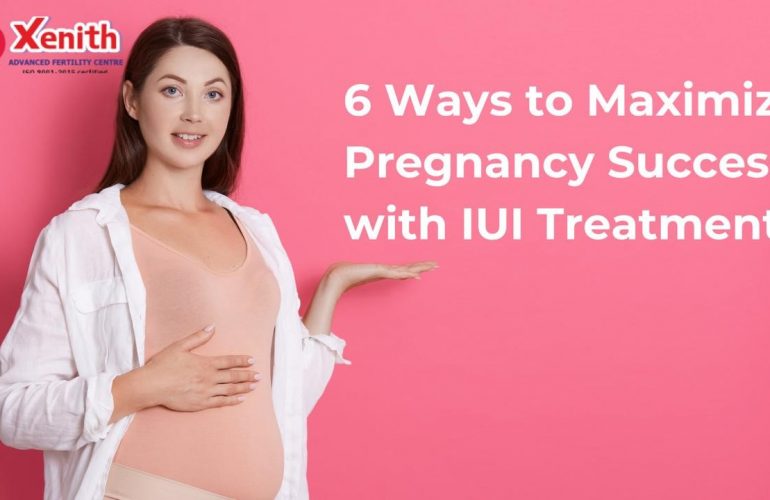The big “C” word can be overwhelming but there is a brighter side. With modern science, medicine, and technology most people who catch malignancy in time are able to overcome it. However, what child-bearing women often neglect to ask their doctor is this: Will my cancer surgery and its treatment affect my ability to have children?
Unfortunately, the idea of fertility preservation for cancer patients or oncofertility as it is called is rarely offered or even discussed with the patient because they are so focused on their cancer treatment.
Patients today have a much better survival rate and can also dream of having their own children. The use of assisted reproductive technologies like egg or embryo freezing and IVF, can offer a ray of hope for these women as they face this challenging time in their lives.
How do various cancer treatments affect a woman’s fertility?
Egg freezing may be considered if you have been diagnosed with cancer and have 2-6 weeks’ time before you begin treatment. Below is a summary of treatment options cancer patients are likely to have and the impact it may have on a woman’s fertility.
Surgery: Sometimes surgery is required for some reproductive cancers which affect the uterus, ovaries, fallopian tubes, or other parts of the reproductive tract. Removing tumors from these areas of the body can lead to scar tissue which can interfere with conception. In some cases, treatment may require the removal of all or part of a reproductive organ, which can hinder a woman’s ability to become pregnant after the surgery.
Chemotherapy: Many chemotherapy drugs can damage the ovaries because they usually work by targeting cancer with medications called cytotoxins. Even though this type of medication targets cancer cells, other fast-dividing cells in the body can also be affected.
Women are born with all the egg cells they will ever have in their ovaries. At any given time, a certain number of these follicles will become mature during each menstrual cycle when they ovulate and one egg will be released. Chemotherapy can damage a woman’s eggs, particularly the ones which are closest to being released by the ovaries during ovulation.
Radiation therapy: The high-energy rays in radiotherapy are targeted directly at the specific area of cancer in the patient’s body to destroy cancer cells but nearby healthy cells can also be damaged. There is a greater likelihood of the radiation therapy affecting fertility if the cancer is closer to the reproductive tract and the abdomen or also near the pituitary gland in the brain which signals the hormone production.
Fertility preservation techniques for cancer patients
Egg freezing offers many cancer patients the opportunity to safeguard their future in fertility before they enter cancer treatment by preserving their eggs for later use. The procedure can be done at Xenith Advanced Fertility Clinic. Our doctors will first stimulate the ovaries by injecting hormones to boost the production of multiple eggs which are then retrieved using ultrasound and frozen at sub-zero temperatures using cryoprotectants to avoid the formation of ice crystals.
These eggs can be stored up to ten years without any significant loss of quality. The eggs are protected and safe while the patient goes through cancer treatment and recovery, ready to be used for IVF when she is healthy again. When required, the frozen eggs are thawed and allowed to fertilize with the sperm in the lab and the resulting embryo is implanted via in vitro fertilization (IVF) in the womb.
A ray of hope for women who may be impacted by infertility due to cancer and its treatment
Egg freezing could be a ray of hope for women diagnosed with cancer or other medical conditions that may affect their ability to conceive. After cancer is in remission, there is the potential to conceive. Unfortunately, there are no guarantees. We recommend you consult with your oncologist. Ask him if the surgery or treatment could negatively impact fertility? If you want to learn more about freezing your eggs before you enter treatment, don’t wait. Talk to us at Xenith. Choose the fertility clinic near you – Wakad or Koregaon Park. Life after cancer can be rich and fulfilling and can include creating your own family.




